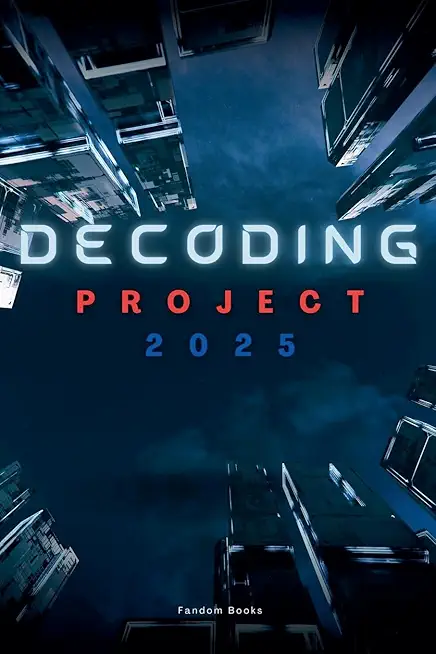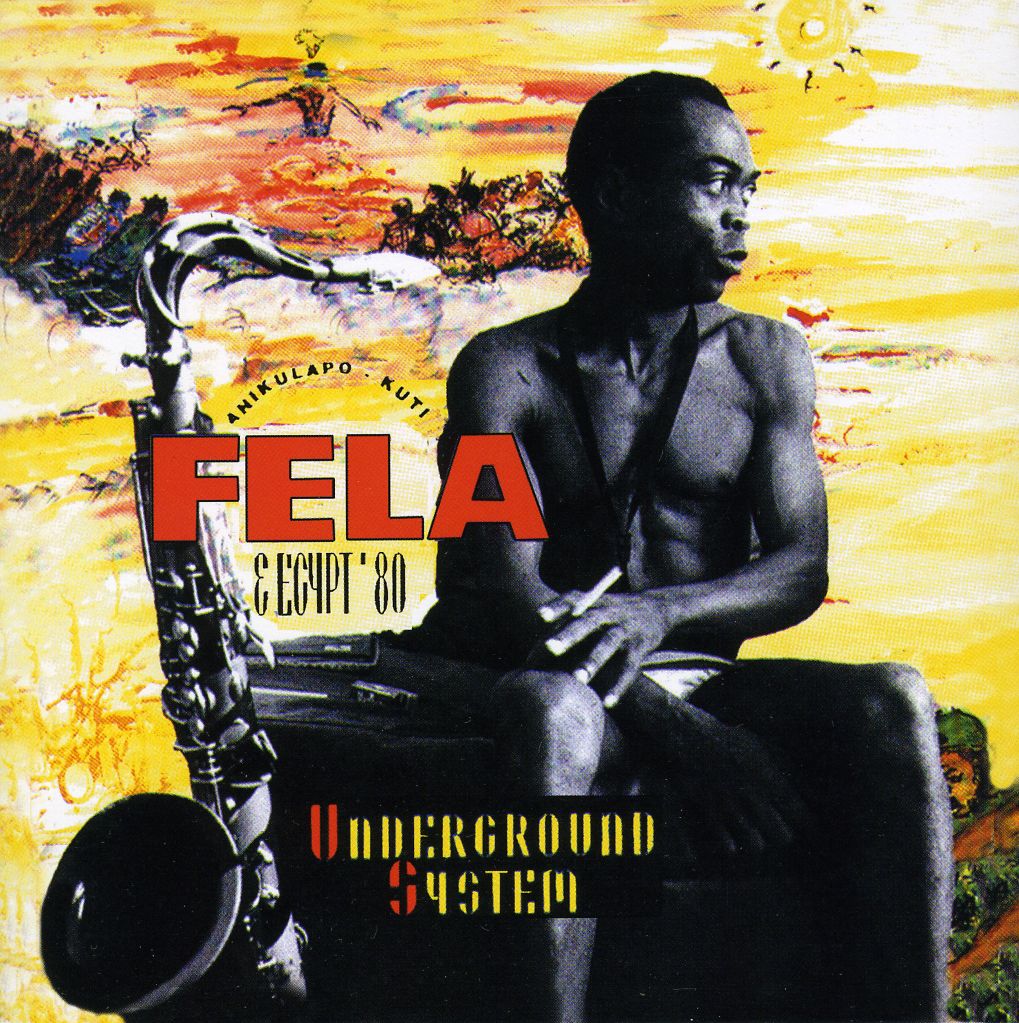
In recent years, the United States has experienced a profound shift in its political landscape, driven by deepening polarization, the rise of populist movements, and an ongoing struggle over the direction of the country's future. At the center of this maelstrom lies Project 2025, a bold and controversial blueprint crafted by a coalition of conservative organizations with the goal of fundamentally reshaping American governance. Spearheaded by the Heritage Foundation and supported by over 350 conservative groups, Project 2025 is not merely a collection of policy proposals-it is a comprehensive plan designed to consolidate power within the executive branch, overhaul the federal government, and implement a sweeping conservative agenda that touches nearly every aspect of American life.
The stakes could not be higher. Proponents of Project 2025 argue that it is a necessary corrective to what they see as the overreach of progressive policies and the erosion of traditional American values. They view the project as a means to restore the original intent of the Constitution, reduce the size and scope of the federal government, and reaffirm the nation's commitment to individual liberty, free markets, and religious freedom. To them, Project 2025 represents an opportunity to reverse what they perceive as decades of liberal overreach and to secure a future where conservative principles guide the country's governance.
Yet, Project 2025 has also become a lightning rod for criticism. Scholars, civil rights organizations, and political analysts warn that the project's proposals represent a dangerous slide toward authoritarianism. They argue that its emphasis on expanding executive power, politicizing the federal workforce, and undermining the independence of the judiciary and other institutions poses a serious threat to the democratic norms that have long underpinned American governance. For these critics, Project 2025 is not just a policy agenda-it is a blueprint for democratic backsliding that could fundamentally alter the character of the nation.
Decoding Project 2025 seeks to unpack the complexities of this ambitious initiative, offering readers a detailed exploration of its goals, strategies, and potential consequences. From its proposals for restructuring the federal government and redefining social policies to its plans for reshaping the nation's approach to foreign policy and environmental regulation, this guide provides a comprehensive analysis of what Project 2025 entails-and what it could mean for the future of the United States.







